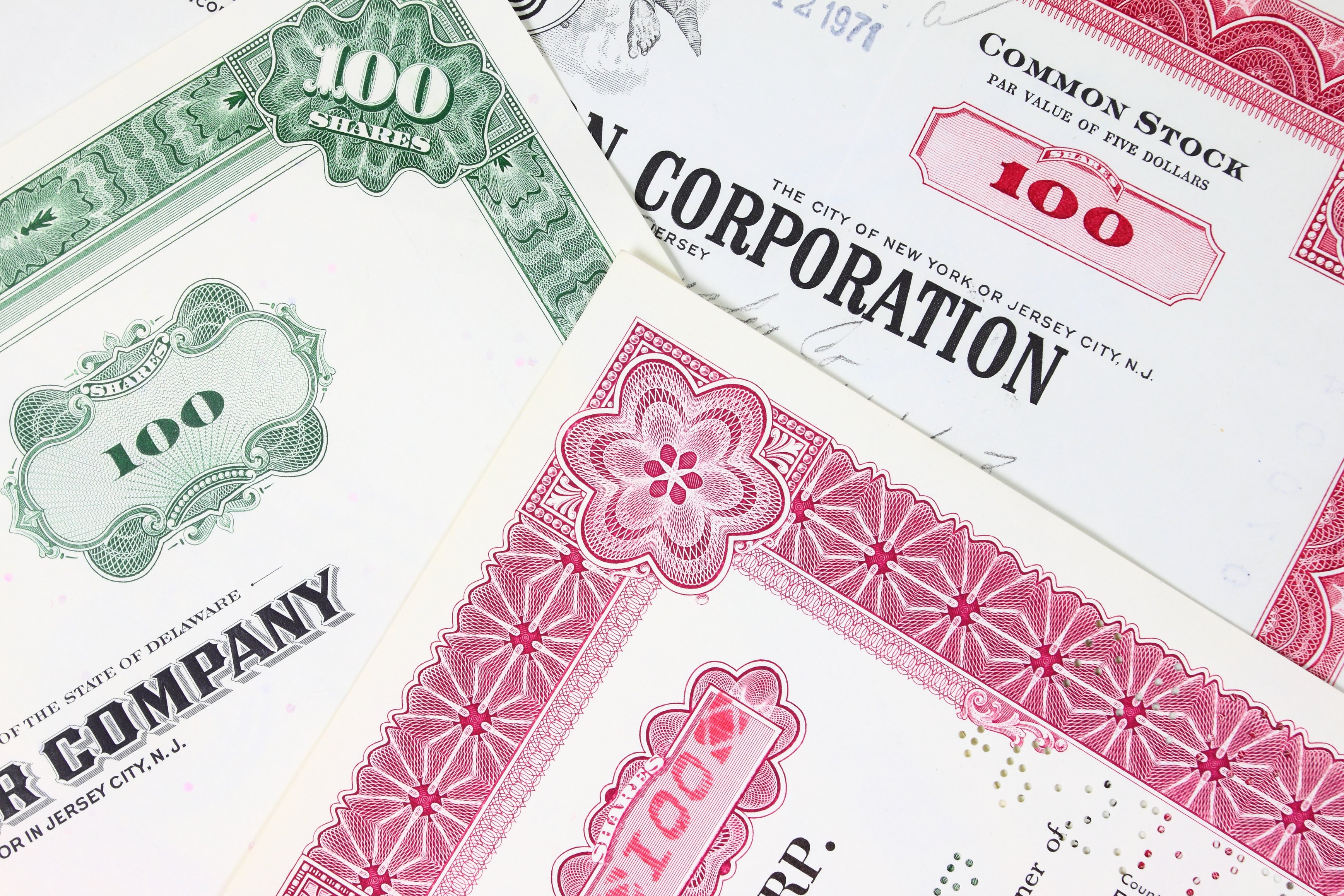You say Prolia; I say Xgeva. Tomayto, tomahto. It's all the same thing.
Amgen's (Nasdaq: AMGN) Xgeva, which got FDA approval yesterday, and Prolia are both denosumab, a monoclonal antibody that blocks a protein that stimulates bone-destroying cells called osteoclasts.
While the two brands contain the same active ingredient, the prospects for the two drugs are quite different. Prolia, which was approved earlier this year, treats osteoporosis. A huge market, but one with a ton of competition: Warner Chilcott (Nasdaq: WCRX) and sanofi-aventis' (NYSE: SNY) Actonel, Eli Lilly's (NYSE: LLY) Forteo and Evista, and generic drugs such as copy-cat versions of Merck's (NYSE: MRK) Fosamax just to name a few. In the third quarter, Prolia managed sales of just $10 million, demonstrating the uphill battle that Amgen has in the osteoporosis market.
Xgeva will treat cancer patients that have tumors which have spread to the bone. Its main competition will be Novartis' (NYSE: NVS) Zometa, which it beat in two head-to-head clinical trials. A billion dollars in sales isn't out of the question.
So what's the reason for the different names? The dose is different, as cancer patients get more Xgeva, but I don't know why Amgen couldn't just sell the same brand in multiple strengths. Pfizer's (NYSE: PFE) Lipitor is available in four strengths, for instance.
My guess is Amgen didn't want the stigma of a cancer drug being used to treat osteoporosis; Prolia is going to have a hard enough time competing as it is. Xgeva really isn't treating the tumor so much as keeping the tumor from causing damage to the bone, but most osteoporosis patients aren't going to get that.
Amgen is testing denosumab in a third setting: preventing tumors from spreading to the bone, which could be worth another billion dollars or more in sales. The data from that trial is expected before the end of the year.
Let's just hope Amgen doesn't come up with a third name.
Alex Dumortier lays out the case for why management is important to your investments.








